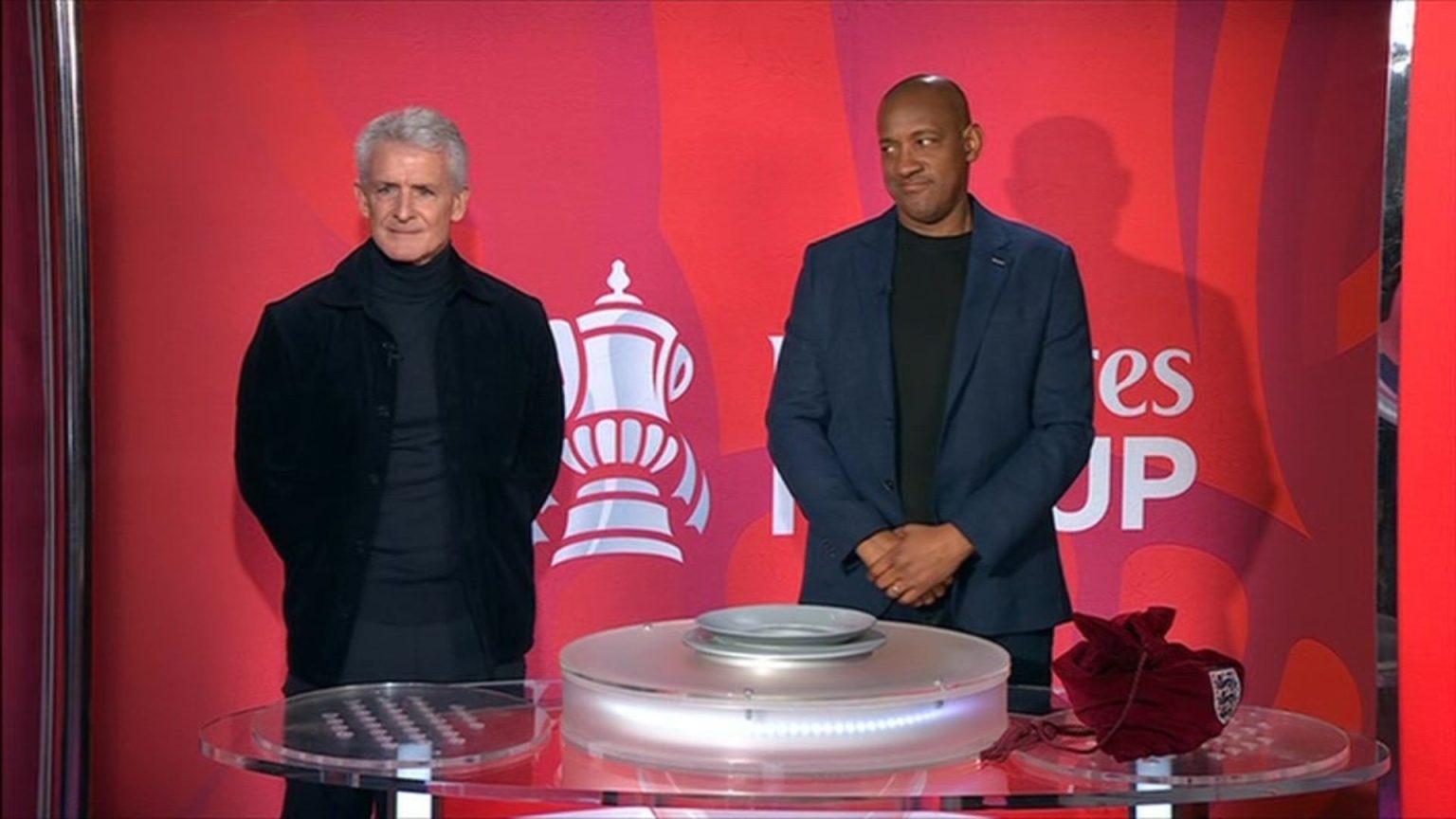Another major change on the horizon for English football is the potential end of the Saturday afternoon blackout, which has been in place for 60 years. League chiefs are increasingly of the belief that this long-standing tradition is outdated and should be reconsidered within the next five years. The upcoming Premier League TV deal, which will include up to 270 live matches per season, as well as Sky’s £935 million five-year EFL deal with over 1,000 games per season, will expire at the same time, prompting a reevaluation of this policy by the game’s authorities. Despite previous opposition from the FA, which enforced the blackout to protect match attendances in the 1960s, there is now a possibility of a change of heart in line with the leagues’ desires. The UK is currently the last country in Europe with restrictions on broadcasting 3pm games live on TV, highlighting the need for modernization in this aspect of English football.
The decision to scrap FA Cup replays this season was a significant and controversial move that drew attention to the evolving landscape of English football. This decision, coupled with the potential end of the long-standing Saturday afternoon blackout, indicates a shift towards a more dynamic and flexible approach in the sport. The upcoming Premier League TV deal, which will see a significant increase in the number of live matches broadcast, reflects the changing demands and preferences of football fans in the digital age. The conclusion of both the Premier League and EFL TV deals in the same timeframe provides a unique opportunity for the game’s authorities to reevaluate existing policies and introduce reforms that align with the current landscape of football broadcasting.
The proposed end of the Saturday afternoon blackout, if implemented, would mark a significant departure from tradition and could have wide-ranging implications for how football matches are consumed and enjoyed by fans. The policy, which was originally put in place to protect match attendances, has become increasingly outdated in an era where live sports broadcasting is a lucrative and highly competitive market. The UK’s status as the last country in Europe with restrictions on broadcasting 3pm games live on TV underscores the need for a modernized approach that meets the needs of contemporary football fans and reflects the evolving nature of the sport.
As the football landscape continues to evolve and adapt to changing consumer preferences and technological advancements, it is essential for governing bodies and authorities to be proactive in updating policies and regulations to stay relevant and competitive. The upcoming expiration of the Premier League and EFL TV deals presents a unique opportunity for the game’s authorities to reassess existing policies, such as the Saturday afternoon blackout, and explore new ways to enhance the viewing experience for fans. The potential scrapping of FA Cup replays and the reconsideration of the blackout policy signal a willingness to embrace change and innovation in English football, paving the way for a more dynamic and inclusive future for the sport.
The shift towards more live matches being broadcast on TV reflects the growing demand from fans to have access to a wider range of football content, as well as the increasing competition among broadcasters to secure rights to popular sports events. The upcoming Premier League TV deal, which will feature a greater number of live matches, is a testament to the evolving nature of the sports broadcasting industry and the importance of meeting the needs and expectations of modern audiences. By adapting to these changing trends and preferences, English football can position itself as a dynamic and forward-thinking sport that is in tune with the demands of its fan base.
In conclusion, the potential end of the Saturday afternoon blackout, coupled with the scrapping of FA Cup replays and the upcoming Premier League and EFL TV deals, highlights the ongoing transformation of English football and the need for governing bodies to adapt to changing times. By embracing innovation and modernizing policies to reflect the current landscape of sports broadcasting, football authorities can ensure that the sport remains competitive and engaging for fans. The proposed changes signify a shift towards a more flexible and consumer-focused approach that is aligned with the evolving preferences of modern football audiences.











